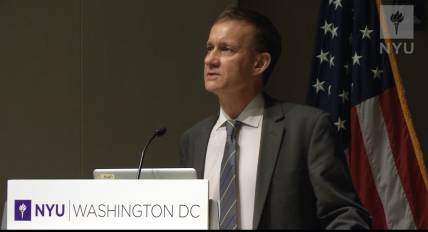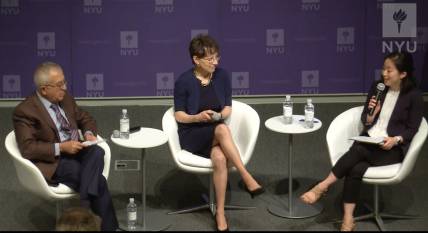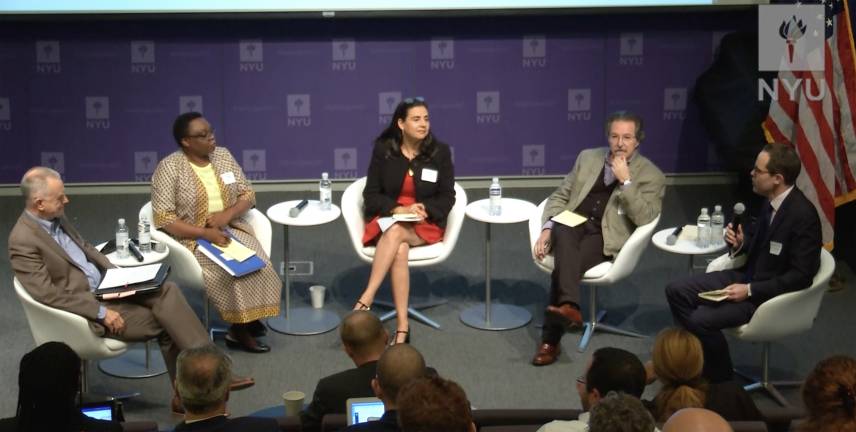Rethinking International Support for Managing Public Finance

Current approaches to improving the management of public finance focus on achieving a standard trinity of objectives—fiscal discipline, allocative efficiency, and operational efficiency—by adhering to a well-defined set of processes and conventions. These conventions provide a practical guide to strengthening the institutional foundations of what is often referred to as public financial management (PFM). A strong professional discipline of PFM has emerged in the wake of these conventions, but performance has been uneven.
New thinking is needed about how to make the technical advice to governments more effective and how to connect PFM more closely to public policy objectives. Urgent contemporary challenges, such as climate change and the COVID-19 pandemic, are emblematic. The report prepared by the NYU Wagner International Working Group accordingly argues for two tracks to rethinking international support for managing public finance—one incremental and the other more radical.
The first track is to work within the current paradigm, a “closed” system in which PFM processes and conventions are treated as ends in themselves. Reform interventions by international advisers could be strengthened through greater and more systematic sharing of the evidence, knowledge, and lessons that underpin how interventions are designed. This enhanced approach to strengthening the content of technical advice could be matched by a stronger role for debate about potential options and more active choice on the part of client governments.

That approach is, nonetheless, limited. While the improvements would be valuable, a fundamental contention remains that the current PFM paradigm has reached the limit of its relevance and utility from a broader policy perspective. An approach focused inwardly on durable conventions with wide applicability is not well-suited to engage with the evolving nature of real-world policy choices and dilemmas.
A second and more ambitious track is to view PFM instead as an “open” system that interacts more fluently with all aspects of public policy: government policy choices, government actions (especially the delivery of public services), and development results, including citizen well-being. This wider perspective would offer the potential for a new generation of ideas and approaches about how to manage public finance. It would reflect the complex realities of political context and the unavoidable presence of difficult trade-offs among policy objectives.

An “open” conception of managing public finance is distinguished by a willingness to revise and expand the guiding objectives and to reappraise the conventions that drive technical advice on reforms. The aim of the Working Group report is to catalyze such a rethinking. The report motivates and frames the emerging agenda on managing public finance and sets out the problems with current technical advice on reforms. It offers several proposals on how to move to a new and more open model that is fit for the 2020s and for a post-COVID world grappling with climate change.
